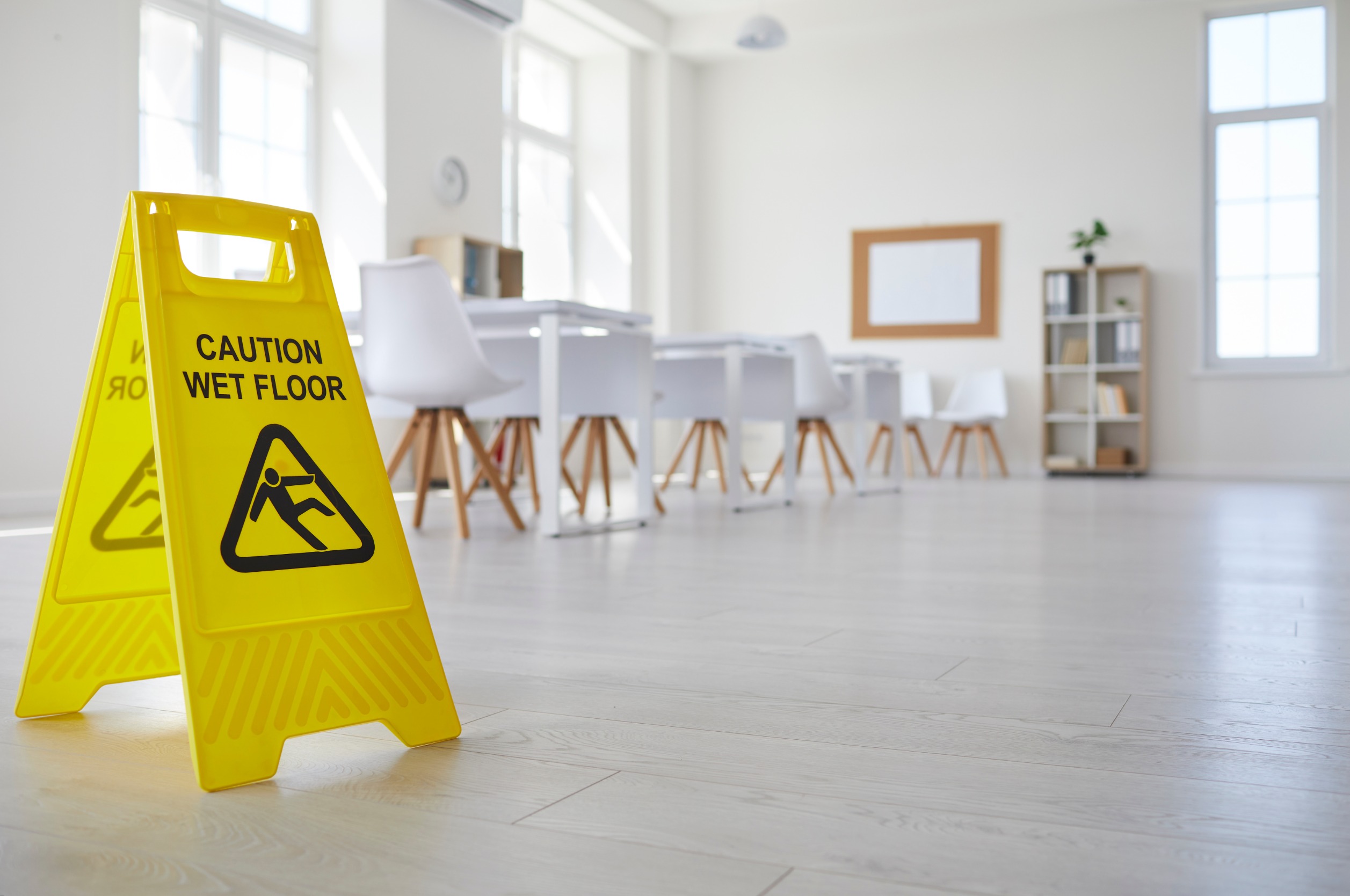You are not alone.
Let us repeat it for those who didn’t hear or don’t believe it: You. Are. Not. Alone.
The world around us has quite literally shut down—trapping many people in isolation with their abusers. Unfortunately, for many, they are already isolated due to a family member’s or significant other’s insistence that they have no contact with their family or friends. Then you add in the government ordering people to stay in their homes—the deafening sound you hear is people’s souls feeling defeated at losing the few small connections they have to the world outside their home. For millions of Americans, the world inside their home is a scary place to be.
Increased risks of domestic abuse during COVID-19
For victims and survivors of domestic violence, staying home may not be a safe option. According to the Centers for Disease Control and Prevention, 1 in 3 women and 1 in 4 men in the United States have experienced violence from an intimate partner in their lifetime. The first step to getting out of an abusive relationship is recognizing the signs you’re being abused. Risks to domestic abuse survivors and victims include the following:
- Isolation. Many victims are already isolated from family and friends. However, abusers can use this time to further isolate survivors by controlling interactions online and limit their access to the outside world.
- Restricting access to information. Abusers want total control and want you to rely entirely on them. An abuser may limit their victim’s access to the news and make themselves the only source for all COVID-19 information.
- Worsen abuse. Survivors are spending more time with their abusers, and as a result, may experience increased or worsened abuse. For example, a psychological abuser may be more emboldened to physical abuse because of home isolation orders.
- Financial abuse. Financial constraints may lead abusers to financially exploit survivors during this time.
Risks for children
With school canceled, many children are home more and as such as at an increased risk for neglect and physical abuse. Many of the resources that parents rely on, such as child care, schools, and other community organization, are no longer available. Adding to the danger, the surge of abuse cases may result in inaccurate findings because of the strain on child protective service organizations operating with fewer staff.
Survivors forced to co-parent with their abusers through the pandemic may be facing amplified abusive behaviors. Abusers may hurt their children by denying the other parent parenting time with their children, parental alienation, and retaliation against an ex-spouse through abuse of their shared children.
Abuse isn’t always physical. Children and adults can experience the same type of abuse, including neglect, sexual, and emotional abuse. Regardless of the type of abuse inflicted, the damage remains the same.
What Should I do if I’m being isolated with my abuser?
We want you to know that if you are part of that group of people who have been isolated by an abusive family member, we understand now may be one of the hardest trials you have ever endured. There is help, and we are willing to help in any way we can. But first, let’s talk about options:
If you are in immediate danger, call 911.
If you are being physically harmed, call the police immediately. When a victim has physically visible, injuries the police will arrest the person who caused you the injury. They will likely also ask you if you need or want a protective order. If you fear the person may come back and do more harm when they bond out of jail, then absolutely seek that protective order.
Start planning
Even if you don’t have currently visible injuries or the abuse you suffer does not leave physical injuries, there is help available. You need to know that there are shelters (for both men and women), and they accept children along with the parent. There are resources in the community that can help.
You can also help yourself by starting to reach out to family and friends with whom you have lost contact. Take a walk and call a friend. Take a walk and call a family member. Reach out, even if you haven’t spoken in years. Your family and friends likely already know why you have isolated away from them. They are also likely to be relieved to hear from you and are also likely to be able and willing to help.
While you may be stuck at home with your abusive spouse or family member, you can still take steps towards helping yourself. Many things can be done online or over the phone.
Sort out the small details for yourself (and your children)
With the current situation, it will be difficult to come up with a solution on the fly. Having a plan in place can take control back from your abuser and empower you. When you leave, you want to come up with the safest plan possible. Your plan may include staying with a friend or family member that your abuser doesn’t know, deleting social media, or getting a new phone. Whatever you decide, make sure you stick to it and follow through.
Open a checking or savings account of your own, even if you only put $10.00 in it for now.
While many banks are operating under restrictive guidelines, you can still open a bank account over the phone or online. Add money as you are able, but make sure that you are as discreet with the new account as possible. Opt for online banking, email statements of mailed and make sure that money transfers aren’t traceable.
Start considering alternative housing options
While many shelters are closing their doors during the pandemic, you can still explore your alternative housing options to get out of an abusive situation. Reach out to a family member or friend and explain your situation. Take the necessary precautions for your health and safety to move out. Once you’re ready to leave, it’s important that you make a quick exit. Choose a discreet, but easily accessible place in your home to store the urgent items you’ll need when you leave.
Seek counseling
Many therapists are offering counseling via phone or video conference these days. Set up an appointment, take a walk, and call a therapist.
Seek legal counsel.
Experienced family law attorneys can help in a variety of ways:
- Come up with a plan of action unique to your situation;
- File a request for a temporary restraining order and temporary order to address who is going to live where, who is going to pay what bills, and who is going to get possession of the children (and when)
- File a request for a protective order which would make it a crime for the abuser to come near you, your home or your work; and
- Help connect you with other resources in your local community to assist you in leaving a dangerous situation.
We understand that taking these steps can feel overwhelming and scary, but experienced family law attorneys are available to help you come up with a plan and execute it.
With Carlson, you’re never alone.
The Carlson Law Firm handles family law cases in Bastrop, Bell, Burnett, Coryell, Hays, Milam, Lampasas, Travis, and Williamson counties. Our criminal defense attorneys will fight for you every step of the way. Our attorneys are offering free virtual consultations during the COVID-19 pandemic. Your legal needs do not need to be put on hold. Contact The Carlson Law Firm for a free discreet consultation today.





